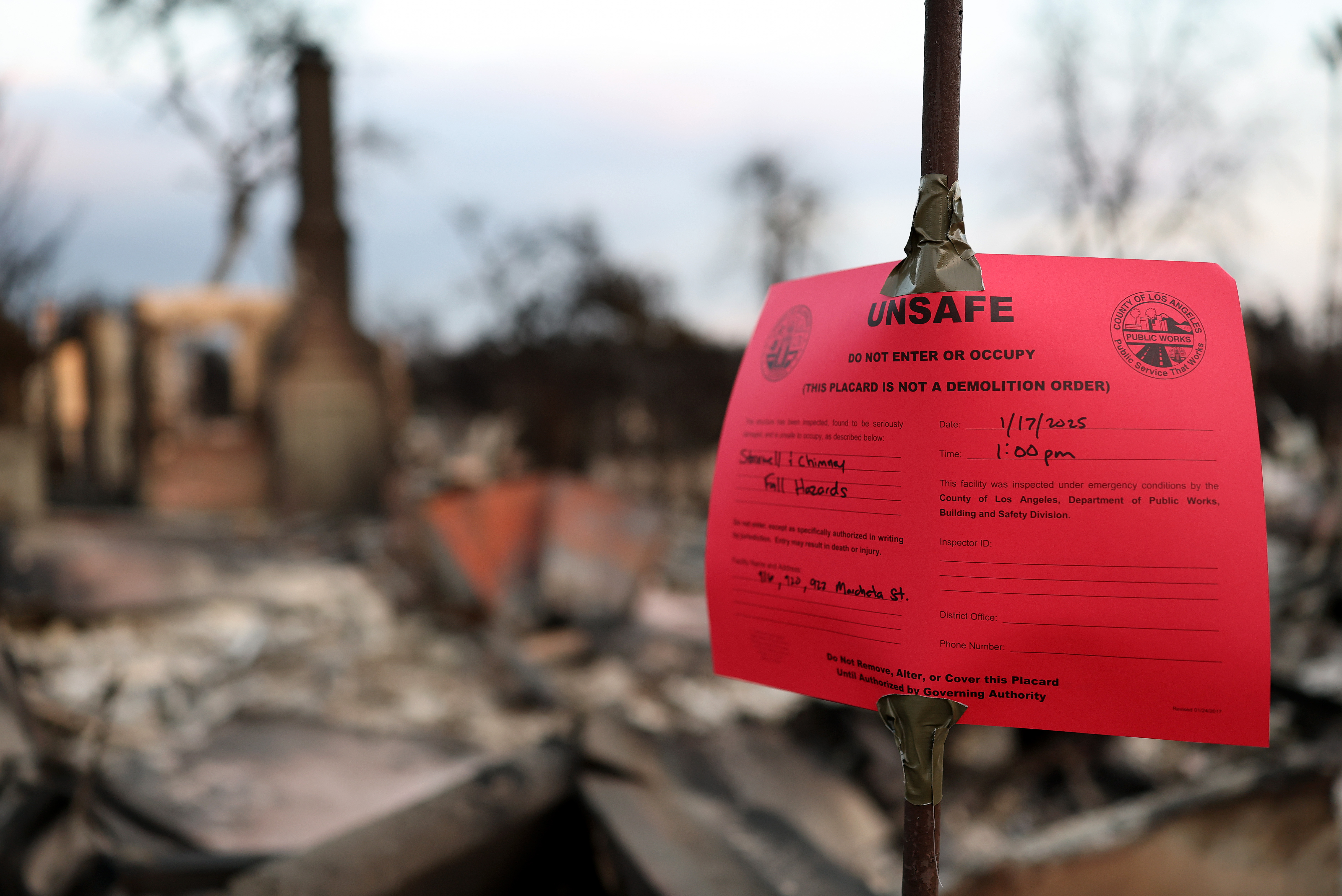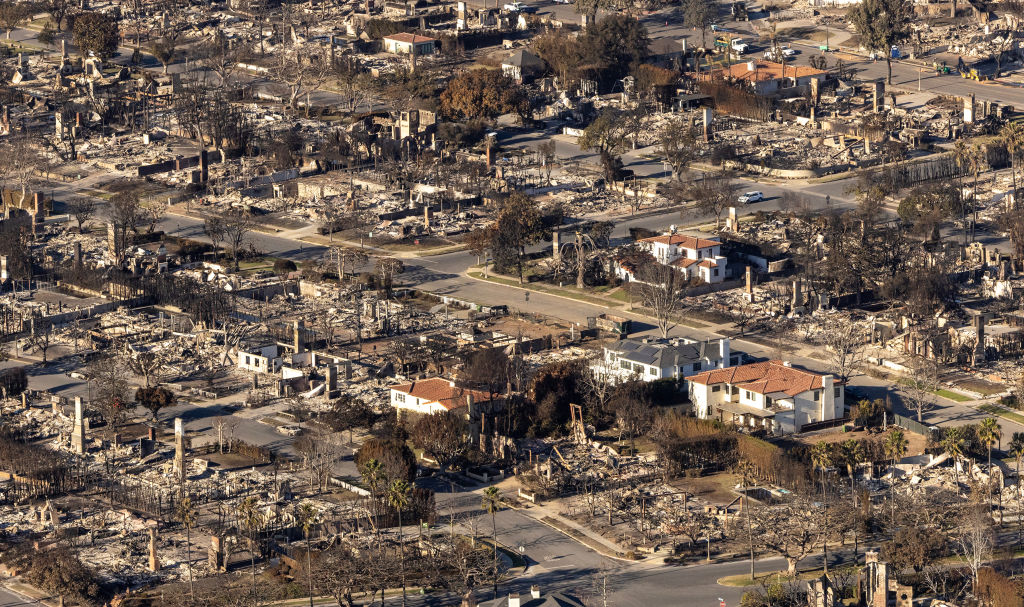A mix of anger and bewilderment was expressed by many at the first meeting of the City Council's immigration committee Wednesday hours after President Donald Trump issued several executive orders on immigration.
"I am quite frankly stunned and overwhelmed with emotion,'' said Councilman David Ryu. "My heart especially breaks for the millions of people, especially the children, who are going to go to bed afraid tonight.''
More than 350 people filled the council chambers for the meeting, with several dozen standing in the back. About two dozen took their turns speaking to the committee against Trump's actions.
"Our friends in immigrant detention can't be with us tonight but I'd like to think that they would ask you to respond forcefully and bravely to the xenophobic and racist executive orders that were issued today,'' said Jordan Cunnings, a lawyer with Public Counsel who works with immigrants in detention centers.
Trump's orders aim to add thousands of Border Patrol Agents and immigration officers, build a wall on the Mexican border, and cut funding for so-called sanctuary cities that refuse to cooperate with federal immigration authorities.
"Beginning today, the United States of America gets back control of its borders,'' Trump said during a speech to employees of the Department of Homeland Security.
The executive orders added a significant layer of urgency to the work of the committee, which was created by the council in the wake of Trump's election as a way to counter the coming changes in federal policy.
News
Top news of the day
"What we see today with the executive orders is an attempt to legislate and create laws based on a person's class, ethnicity or religion, and that's a dangerous path, something of which we haven't seen since World War II when we interned a number of Japanese Americans, and we are now on that path," Councilman Jose Huizar said.
"And who ever would have thought it? I honestly never thought I would see it in my lifetime."
Trump's orders could also have significant ramifications for Los Angeles, which receives roughly $500 million in federal support annually.
While not fitting the typical definition of a "sanctuary city," Los Angeles has a policy of separating the work of the Los Angeles Police
Department from that of federal immigration officials, and it is not clear if that would put it in danger of losing its federal funding.
Trump's orders declare that "sanctuary jurisdictions" would be determined by the secretary of the Department of Homeland Security.
Even as the meeting was ongoing, more news trickled in. Councilwoman Nury Martinez announced she received a news alert on her phone that said Trump will publish a weekly list of crimes committed by immigrants in the country without legal permission as a way to pressure sanctuary cities.
"If that is not a declaration of war and intimidation, I don't know what is," Martinez said.
Representatives from the Los Angeles Police Department, Los Angeles Unified School District and the Los Angeles Community College District Board of Trustees also addressed the committee.
LAPD Deputy Chief Robert Arcos gave the council a report on the department's Special Order 40, a policy dating to 1979 that states officers will not detain a person for the sole purpose of determining their immigration status.
The committee approved a motion that would reaffirm the City Council's support for Special Order 40.
"The LAPD is not responsible for the enforcement of federal immigration laws that use administrative and civil remedies to detain and remove undocumented immigrants from the U.S.," Arcos said.
The committee also approved of a report on the city's $2 million contribution for the proposed Los Angeles Justice Fund to provide qualified legal representation to immigrants facing deportation.
The committee also approved a declaration of opposition to any federal policy that would reverse immigration relief created under President Barack Obama's administration and a request for a report from the city attorney on the legal efforts the city can take to protect the immigrant community from expanded deportations.



